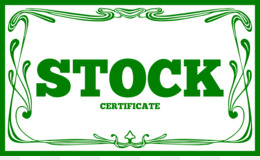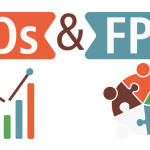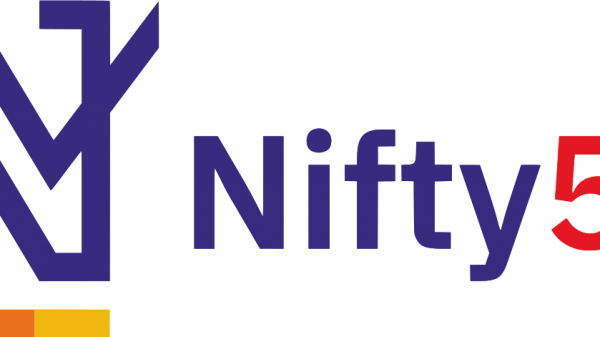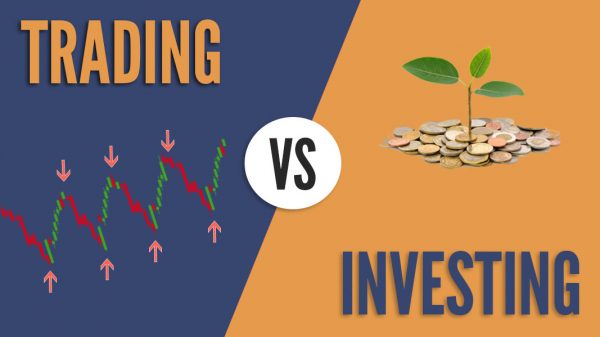
Stock: A stock is a security that represents the ownership of a fraction of a corporation/company. The owner of the stock holds a proportion of the company’s assets and profits equal to the stock they own. Units of stocks are called “Shares”.
Public companies sell their stocks to the general public by the means of IPO(Initial Public Offerings) to raise funds from the general public who have the interest to invest in the company and its future. Once the company issues shares through IPO, they will be listed on a secondary market called stock exchange. Price varies on the stock exchange based on supply and demand.
Investors and traders buy the stock on the stock exchange via a regulated means called stock brokers.
Factors that affect the share price after listing on the secondary market
Country’s economy
Company’s results (Quarterly and Annually)
Government Policies
GDP
Inflation
Disasters (Natural and Manmade)
Sentiments
Sectoral performance
Global Markets
Mainly there are 3 types of shares, namely:
- Common Stock :
Common stock is a security that represents ownership in a corporation. Holders of common stock elect the board of directors and vote on corporate policies. This form of equity ownership typically yields higher rates of return long term.
However, in the event of liquidation, common shareholders have rights to a company’s assets only after bondholders, preferred shareholders, and other debt holders are paid in full. Common stock is reported in the stockholder’s equity section of a company’s balance sheet.
2. Preferred Stock:
Preference shares, more commonly referred to as preferred stock, are shares of a company’s stock with dividends that are paid out to shareholders before common stock dividends are issued.
If the company enters bankruptcy, preferred stockholders are entitled to be paid from company assets before common stockholders. Most preference shares have a fixed dividend, while common stocks generally do not. Preferred stock shareholders also typically do not hold any voting rights, but common shareholders usually do.
3. Hybrid Stock:
Some companies offer preferred shares with the option of converting them to common shares, with conditions, at a certain point in time. These are known as hybrid stocks or convertible preferred shares and may or may not have voting rights.
Benefits of owning the stocks or shares in a company
- Dividends and capital gains.
- Voting Power
- Limited Liability – Shareholders are not responsible for any loss that occurred.
How stocks can be used to make money
Stocks carry more risk than some other investments, but also have the potential to gain higher rewards. Stock investors earn money in two main ways:
- If the stock price goes up during the time they own it, they sell it and the difference between buying and selling will be the profit.
- Dividends: Dividends are the share of profit that a company earns, However not all companies pay dividends.










